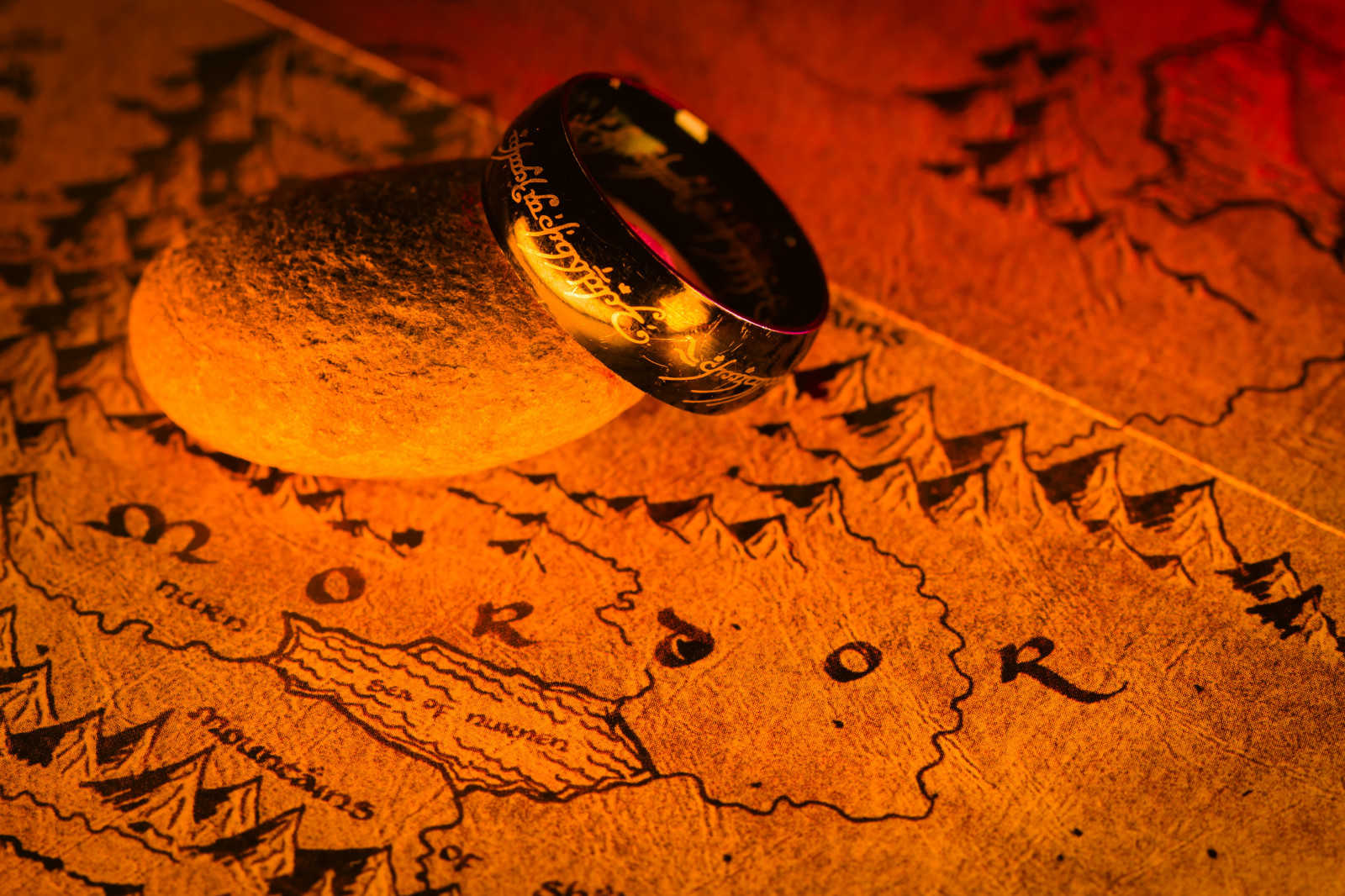Quick Take: Are Wizards of the Coast about to unlock the wider collector market?

Photo: Davidson Luna

Wizards of the Coast (Wizards), the creator of the trading card game Magic: The Gathering (MTG), have recently dropped an MTG card set partnered with The Lord of the Rings.
Expanding from players to collectors
The current The Lord of the Rings inspired set sees MTG for the first time in history to release a serialised 1/1 card – The One Ring. There is only one of these printed, and it is inserted in one of the many hobby boxes that are being sold.
These high-end premium hobby boxes are priced at over $400 a piece. While this type of product often faces pushback from the existing player community (many MTG players often want to spend to enhance their playing capability, rather than to just collect or invest), the prestigious nature of the card caught the eye of avid sports and popular culture card collectors this time around. So much so, that retailer Dave & Adam’s Card World (Dave & Adam’s) has announced a $1,000,000 bounty for the One Ring card. In other words, if you happen to buy one of the $400+ dollar boxes and pull the One Ring card, you could receive $1 million dollars from Dave & Adam’s for it.
What the actual market value of the card will end at is to be seen, but one thing is clear – until that card is pulled, there will be a lot of buzz and publicity surrounding the hunt and therefore enhance the exposure of MTG to the wider sports and pop culture card collector communities. This move can unlock a lucrative new market for MTG – collectors and investors, additionally to players. To be clear, non-playing collectors/investors of MTG exist already, but releasing unique cards is a step toward propelling its appeal towards wider collector audiences.
Featured Report
India market focus A fandom and AI-forward online population
Online Indian consumers are expected to be early movers. They are high entertainment consumers, AI enthusiasts, and high spenders – especially on fandom. This report explores a population that is an early adopter, format-agnostic, mobile-first audience, with huge growth potential.
Find out more…The strategic rationale makes sense. Collectors and investors are willing to spend a significant amount of money on such products and are less concerned with the evolving dynamics of the game itself, which is becoming increasingly complicated to sustain in terms of innovation. MTG has been around for decades, and with each new set, Wizards have had to carefully balance appeasing long-time players, staying relevant to new players, and remaining commercially lucrative.
Making strides into the collector market dilutes some of these pain points, while providing a promising high-margin business model.
Collectors place less emphasis on time spent and engagement, while over-indexing on spending money across entertainment. As a result, there is a fantastic opportunity here for IP-owning companies to take advantage of, as competing for engagement loyalty and time spent becomes increasingly more difficult by the day.
If this strategic direction continues, MTG may ultimately end up sacrificing some time spent on the game itself (if players who do not like this direction start playing less). However, appealing to collectors in the right way could more than offset this impact in revenue and profitability terms.
Watch this space!

The discussion around this post has not yet got started, be the first to add an opinion.